After a back-and-forth battle with the nation’s security agencies, the Peace Corps of Nigeria now has more mountains to climb. On Tuesday, President Muhammadu Buhari rejected the controversial Peace Corps bill, about seven months after it was passed by the national assembly. In a letter he wrote to the lawmakers, Buhari cited security concerns and lack of funds as his reasons.
WHAT IS PEACE CORPS?
According to an information on its website, the corps is a “non-governmental and uniformed youth organisation that focuses on working with the youth in getting to know them, their personalities, their dreams and aspirations, their fears, their failures, their successes and their passions with a view of building, harnessing and redirecting their productive energies towards the socio-economic and political advancement of the nation”.
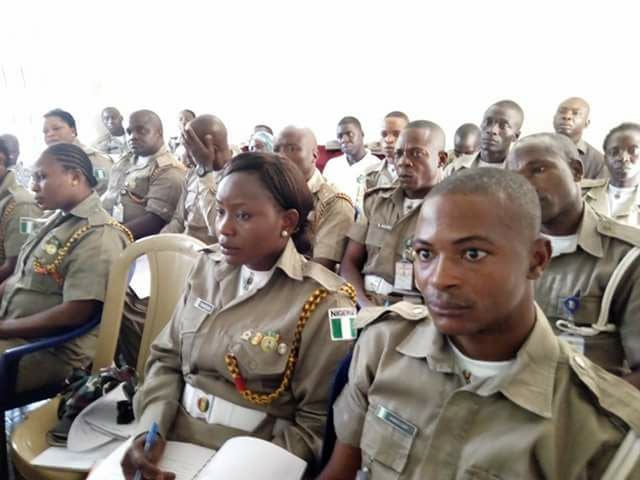
No doubt, Peace Corps has had a stormy journey, both at the national assembly and outside of it. Before it was passed, it faced strong opposition from some lawmakers. Who would easily forget the allegation that the organisation is fraud – “just like MMM.” On the bigger stage, the organisation continues to have a running battle with the Nigeria police force, in and out of court. ‘
It’s exactly a year the organisation’s headquarters was cordoned off by the police. But that is an issue for another day.
Advertisement
THE IGP’S ‘ROLE’ IN PEACE CORPS’ HURDLE?
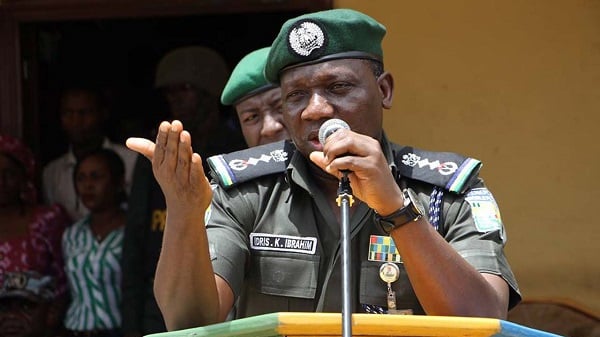
Although there are no clear indications that Ibrahim Idris, inspector-general of police, tipped the president to reject the bill, Idris has never hidden his strong opposition for the corps and everything that has to do with the organisation.
Not long after the police invaded the premises of the corps and arrested some of its officials, Idris made a case as to why that action has to be taken. According to him, the organisation constitutes a threat to the nation’s security.
Advertisement
Hear him: “I want us to appreciate that we have so many challenges in this country and we don’t want some of these people of questionable characters to enter our security services and constitute a threat to the security of this country. And that is what the Peace Corps is doing. You don’t just go on the streets and be picking people by the virtue of the fact that they give you money.”
The police had also accused the corps of extorting Nigerians and at some point, even alleged it had been infiltrated by “criminal elements.”
BUT DALUNG DISAGREED
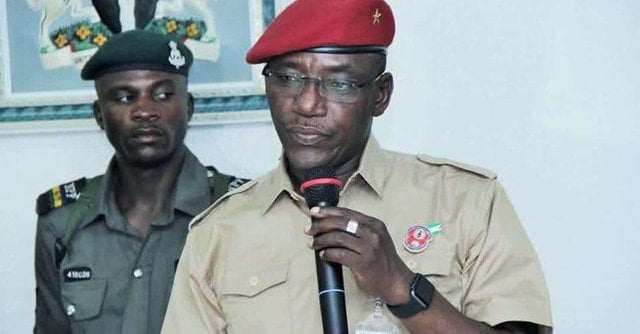
In August 2017, Solomon Dalung, minister of youths and sports, argued that the organisation’s operations, as envisaged, will save Nigeria from “criminality.”
Advertisement
When he received the harmonised version of the bill from Dickson Akoh, the corps commandant, the minister said: “For me as a minister of youth, I have a lot of young people on the street which every day I lose my sleep over what we should do for them. So if we have this organisation coming up and depopulating these young people, it will be a celebration that our problems are reducing on daily basis.
“On this note, I call on all Nigerians with the initiative of opportunity of engaging our young people, to please put it into practice. Let’s join our hands together and engage our young people productively so that we can be sure of a better country tomorrow.”
But Dalung’s reason could not prevail when Buhari was to make a decision on the bill which could have legitimised the corps.
CAN THE NATIONAL ASSEMBLY OVERRIDE THE PRESIDENT?
Advertisement
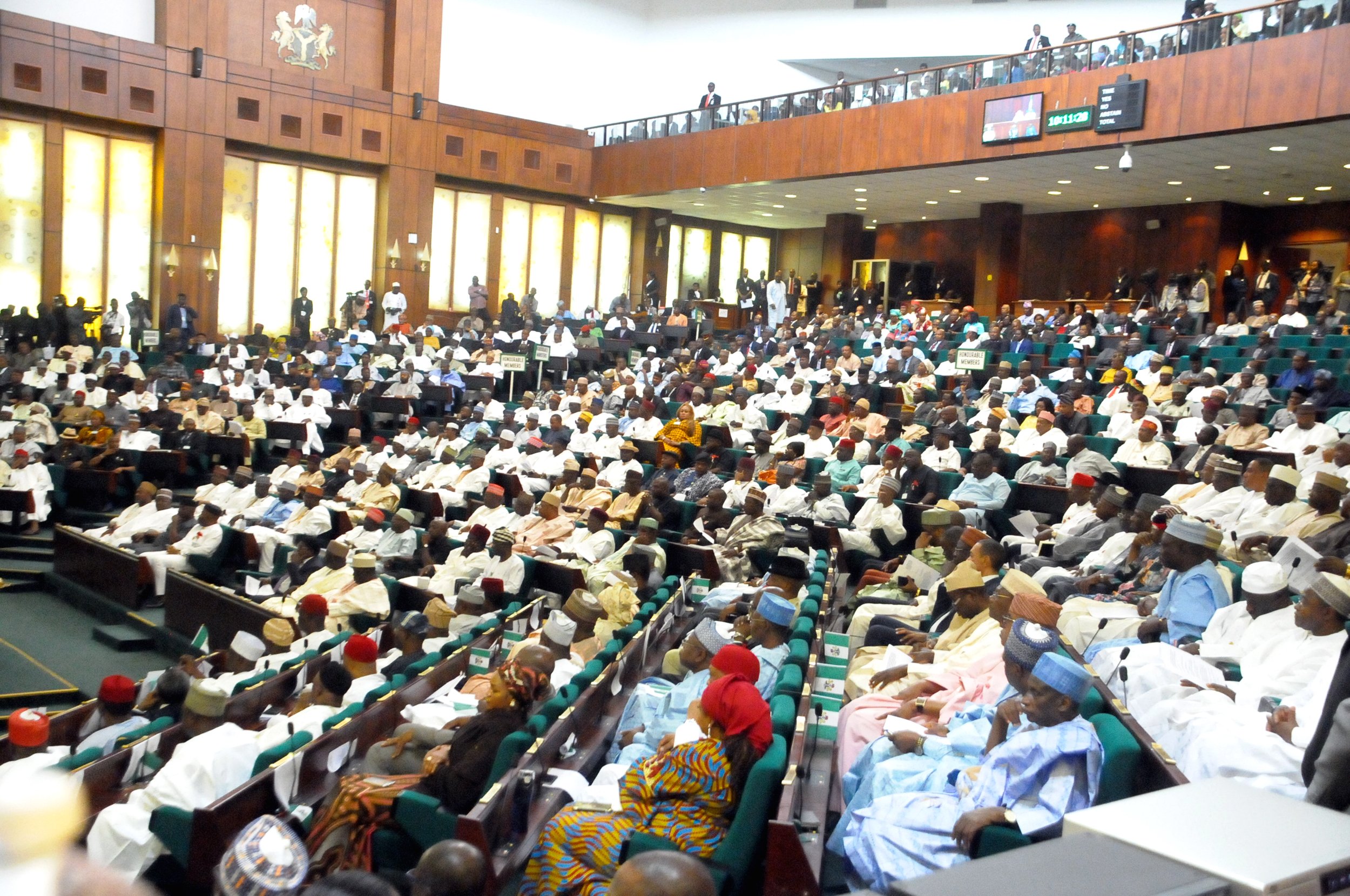
In cases where the president withholds assent to a bill, the national assembly is empowered by the constitution to overrule the veto of the president. All that needs to be done is for the two chambers – the senate and the house of representatives – to recall the bill and re-pass it. If the bill is passed in the form it was sent to the president by two-third majority vote in both chambers, the bill automatically becomes a law even without the signature of the president.
But while there is that possibility, there is just the slight chance of the lawmakers taking that step. Here is why:
Advertisement
First, the hullabaloo nonetheless, Peace Corps bill is just like any other bill. Although the bill has raised much dust, that is largely because of the existing dispute between the organisation and the security agencies. And in the course of the debate on the bill, some of the lawmakers argued that the organisation is not something entirely new to the system. Similar organisations, such as the Nigeria Security and Civil Defence Corps (NSCDC) exist, with not a world of difference in their functions.
Secondly, the national assembly rarely overrides the president when a bill is involved. In fact, checks by TheCable revealed that the lawmakers have only taken that step once – and that was during the administration of former President Olusegun Obasanjo, the case in point being the Niger Delta Development Commission Bill. The two chambers passed the bill into law after Obasanjo failed to sign it within the time prescribed for him to do so.
Advertisement
Thirdly, Peace Corps does not look like it would take the step to lobby the lawmakers for the bill to be passed.
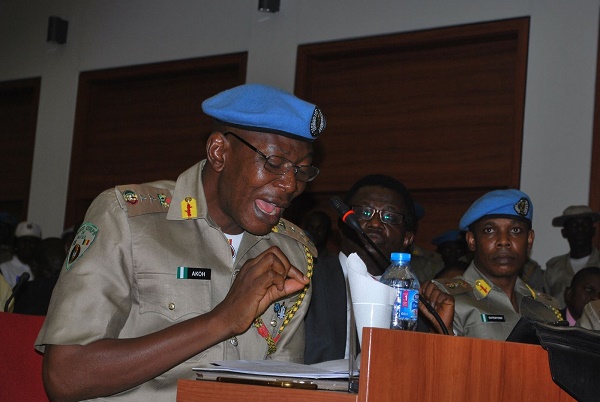
Advertisement
From what Akoh said on Tuesday after he appeared before a house of representatives committee, it is beginning to look like he will let “fate” take its course concerning the bill.
His words: “We are consoled by the due process of law and in high hopes that one day, passionate attention will be given to the bill. The bill will remain there. There are bills that have been passed after the president rejected them. The FOI Act was passed by a new president. So we are not dejected at all because ours is not going to be different. We are building an institution and doing so takes a gradual process sometimes, and we don’t want to be in a hurry.”
So what now for the national assembly?
The lawmakers are expected to take up the case during one of their sittings and decide on the next step: whether to forget the bill and forge ahead. Whichever step they take, it is definitely going to be interesting.
1 comments

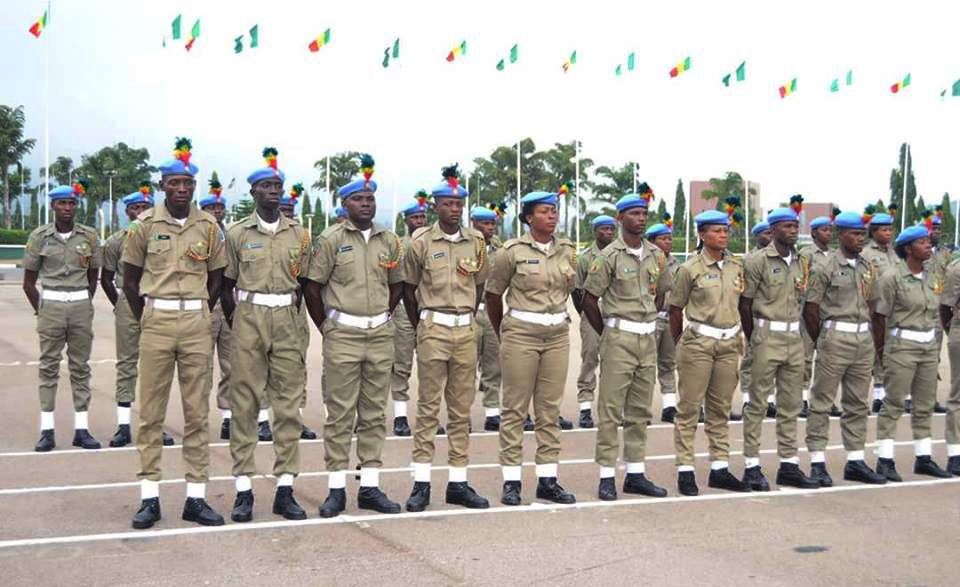
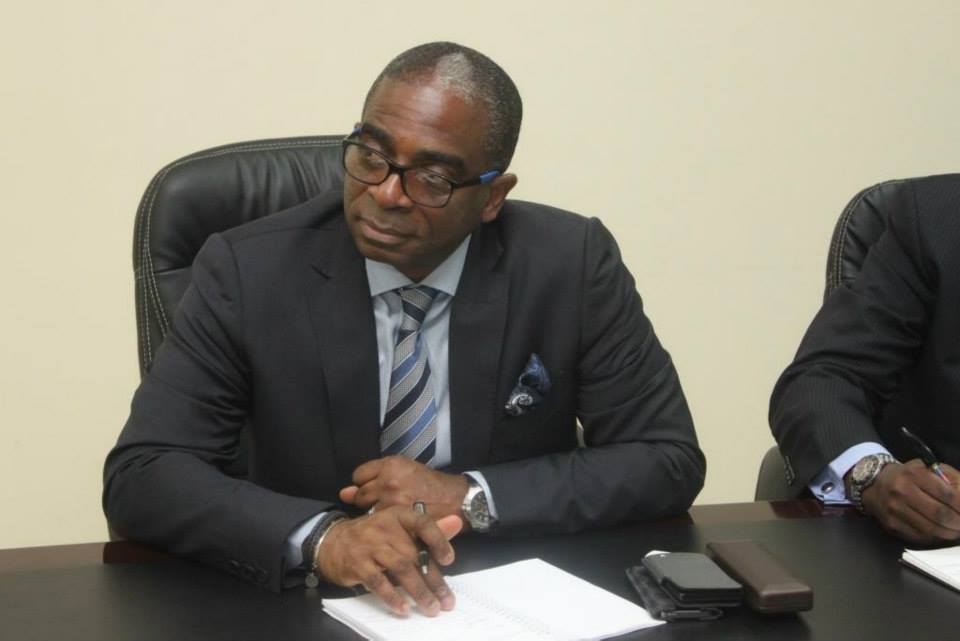
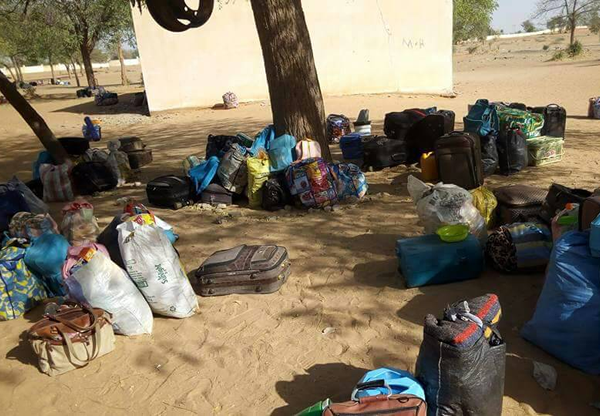

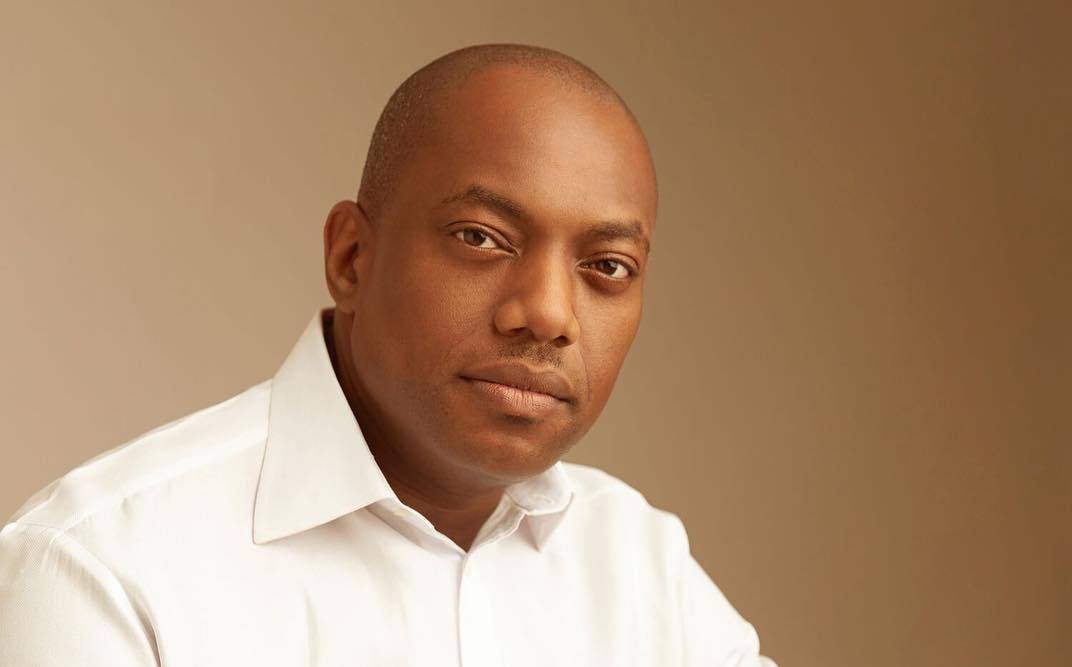

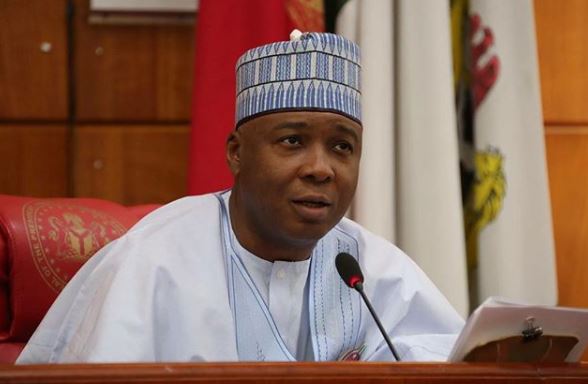
MUST THEY BE UNDER GOVT. ALL THE THE MONEY THE PEACE CORPS HAVE COLLECTED, WERE THEY FOR GOVT. THEY CAN BE LEGALIZED BUT NOT NECESSARILY BE FINANCED BY GOVT.